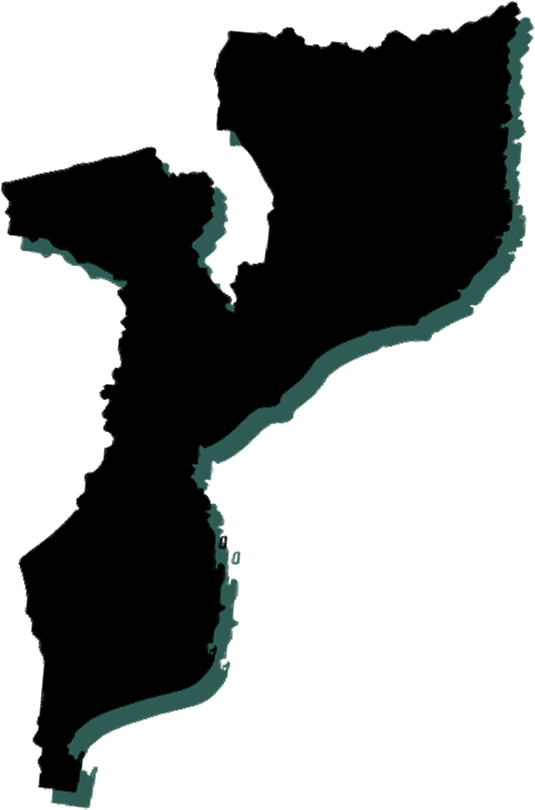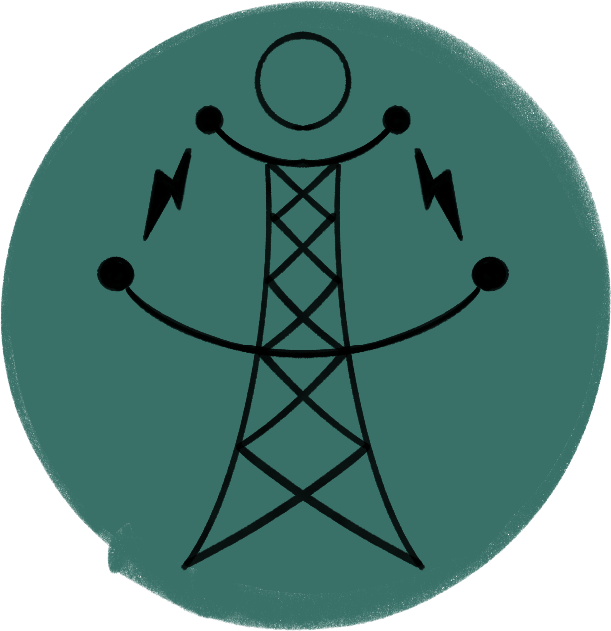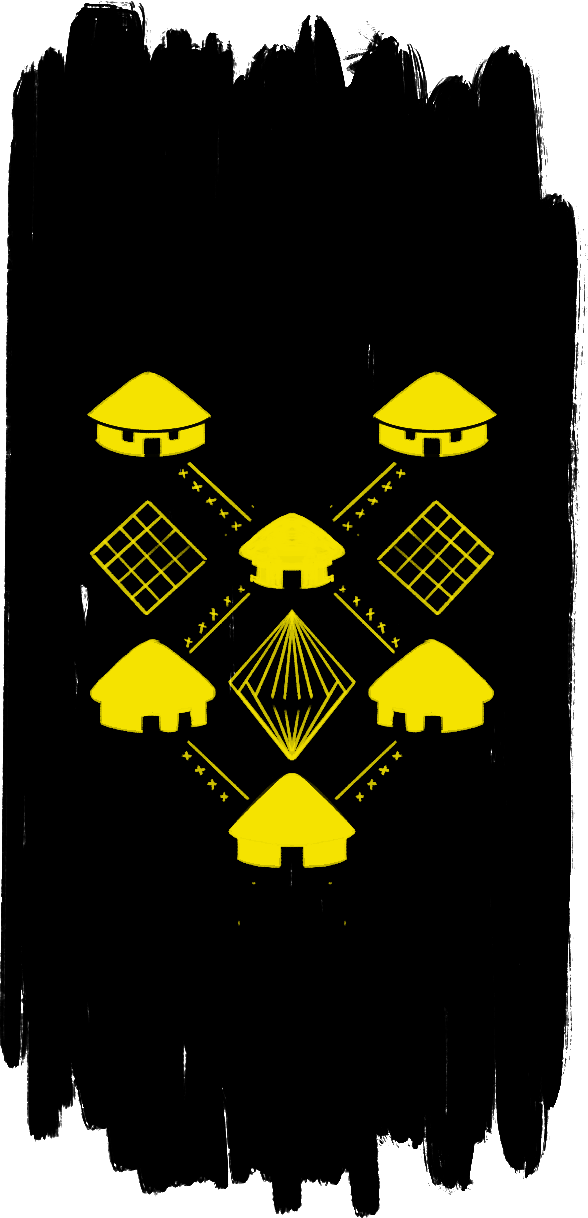

Mozambique
Mozambique has a vast and diversified availability of energy resources on its territory, being the third-largest holder of natural gas and the largest hydropower producer on the continent. It exports a significant share of its produced power, and natural-gas rents alone account for 4.4% of Mozambique’s gross domestic product (GDP). Yet, the country has one of the lowest electrification rates in Africa, due to an underdeveloped power-distribution network, poor infrastructure, and regulatory barriers to the development of new power projects. The government has set the two-fold objective of reaching universal domestic electricity access and becoming a southern Africa energy powerhouse, and the role of renewables is deemed pivotal to achieve both goals.



















